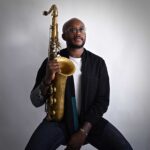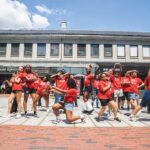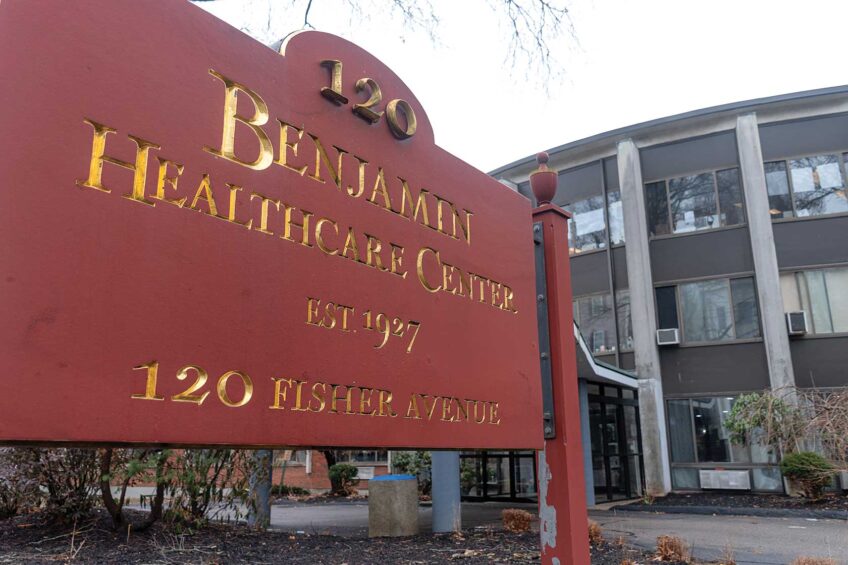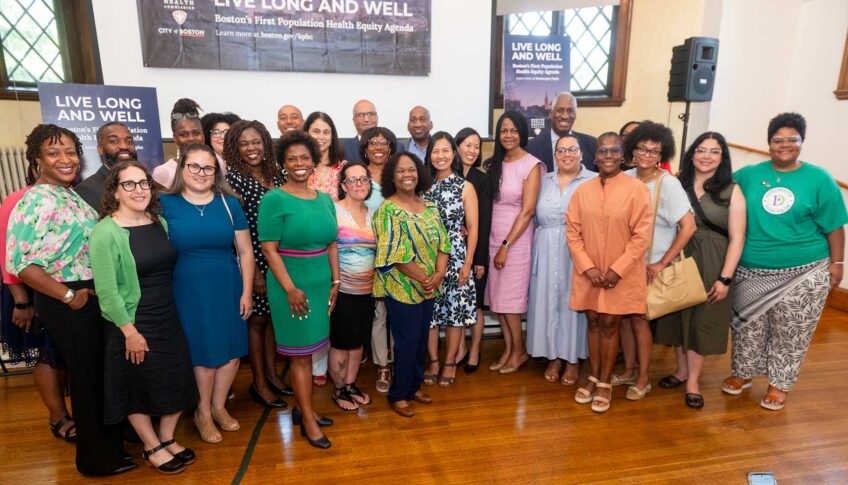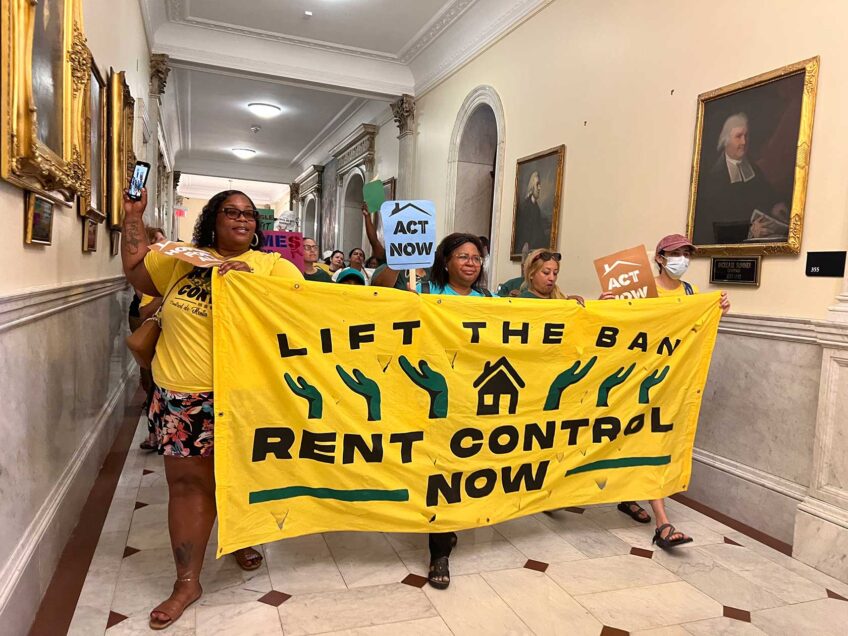Museums hold Native American remains
Activists push for bill to catalog items
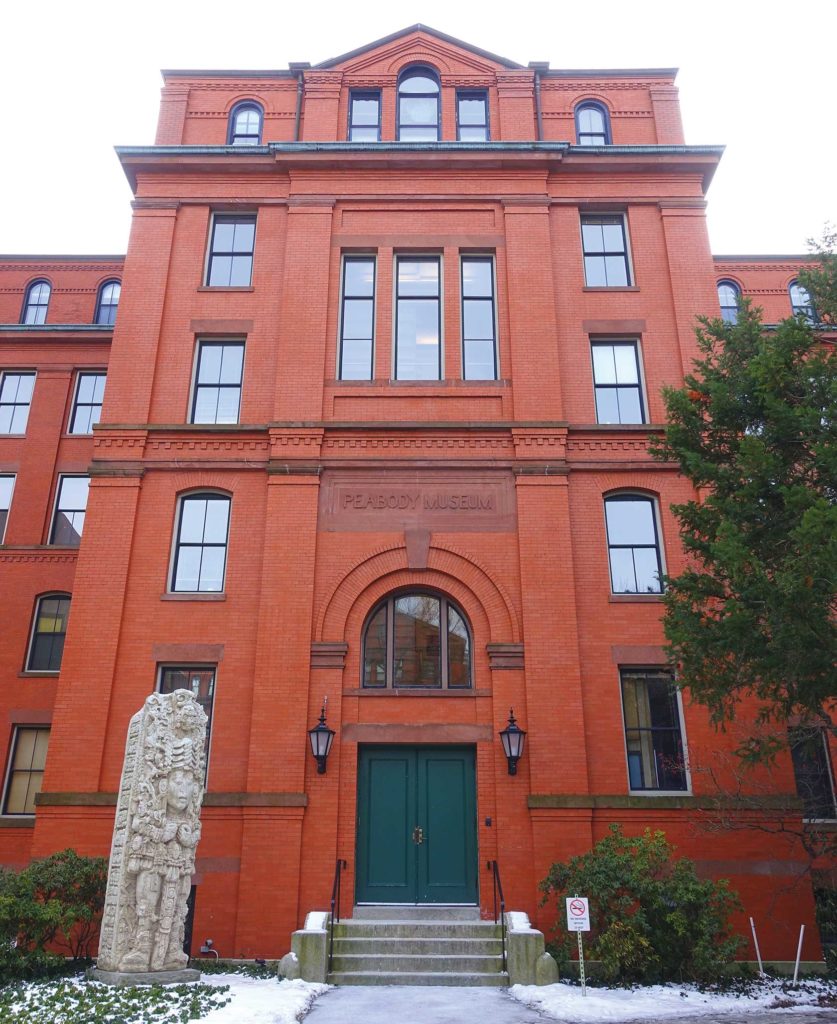
Following Harvard University’s disclosure that it has held in its collections hair samples taken from 700 Native American children, local activists are calling for passage of legislation that would enable tribes to recover from museums human remains, sacred objects and other items stolen or taken illegally from Indigenous people.
Jean-Luc Pierite, who heads the North American Indian Center of Boston, is among those pushing for the Massachusetts House and Senate to pass An Act to Protect Native American Heritage, which would require museums, schools and other institutions receiving state funding to make public inventories of human remains and associated funerary objects and compile a summary of other cultural items in their collections.
“We need this law to pass to make sure repatriation does happen,” he said.
During the 1800s and well into the 1900s, the practice of robbing Native American graves was widespread throughout the country. Doctors studying anatomy and scientists were among those robbing graves in centuries past.
More recently, collectors have robbed graves for funerary artifacts, jewelry and other items that would commonly be displayed in museums and private collections.
Harvard’s Peabody Museum holds the remains of 7,000 Native Americans and 19 African Americans who were likely enslaved, according to a draft report obtained by the Harvard Crimson newspaper in June.
“Our collection of these particular human remains is a striking representation of structural and institutional racism and its long half-life,” the author of the report wrote in the draft.
The theft of human remains and funerary objects from grave sites has long been seen by many Native Americans as an affront to tribal sovereignty. Set against a backdrop of hundreds of years of disenfranchisement by the U.S. government and state governments, the theft and display of such objects fits into a pattern of dehumanization of Native people by whites.
While Native Americans represent just 1% of the U.S. population, their remains make up a majority of the human remains held in museums, notes Janine Ledford, executive director of the Makah Cultural and Research Center in Washington state.
Under the federal Native American Graves Protection and Repatriation Act, the burden of proof falls on institutions to prove that remains, funerary objects or other cultural items were lawfully obtained.
When the law passed in 1990, it required institutions to submit to tribes inventories of objects they held. While some museums did so, not all did.
“It opened up a lot of discussions and let people know what was where,” Ledford said. “But it hasn’t meant tribes have been able to get everything they should be able to.”
For Pierite, a member of the Tunica-Biloxi tribe, the issue is personal. In 1969, a white man excavated a burial ground that members of his tribe had used in years past.
“At the time, it was called the largest cache of Indian trade goods,” he said.
Because the Tunica-Biloxi tribe at the time did not have state or federal recognition, however, there was little members could do to stop the desecration of the burial ground or the commodification of their ancestors’ funerary objects.
In 1981, his tribe did receive federal recognition and members were able to recover some of the items taken.
But with the disclosure of the human remains at Harvard and the hair taken from Native American children, the painful history has once again come to the fore.
“I thought, surely, those days were over,” Pierite said. “Apparently, it’s an ongoing issue.”
While the federal law applies to institutions receiving federal funding, the Act to Protect Native American Heritage in the Massachusetts legislature would apply to institutions that receive state or local funding. As with the national law, institutions would be required to make inventories of their collections available to tribes.
The act was filed in 2019, after the Town of Medford listed with Skinner Auctioneers and Appraisers sacred objects that were donated to the town’s public library. The town pulled the items from the auction after an advocacy group objected, citing a possible violation of the Native American Graves Protection Act.
Members of the Tlingit and Haida tribes in Alaska submitted a claim under the law for some of the items.
Pierite is now urging the Legislature to pass the state-level law. While Harvard’s Peabody Museum originally listed the names of the children whose hair was taken for samples, the museum is now listing only the supposed tribal affiliations of the people whose hair was taken.
Pierite says he would like to see a more thorough accounting of what’s in the collections.
“We need to understand what’s there and what needs to go home,” he said.
Ultimately, Pierite says, he would like to see the market for such items squashed.
“There’s still a market for these objects,” he said. “Grave-robbers are still going after funerary objects.”


